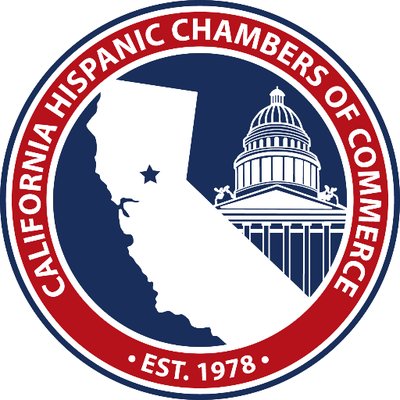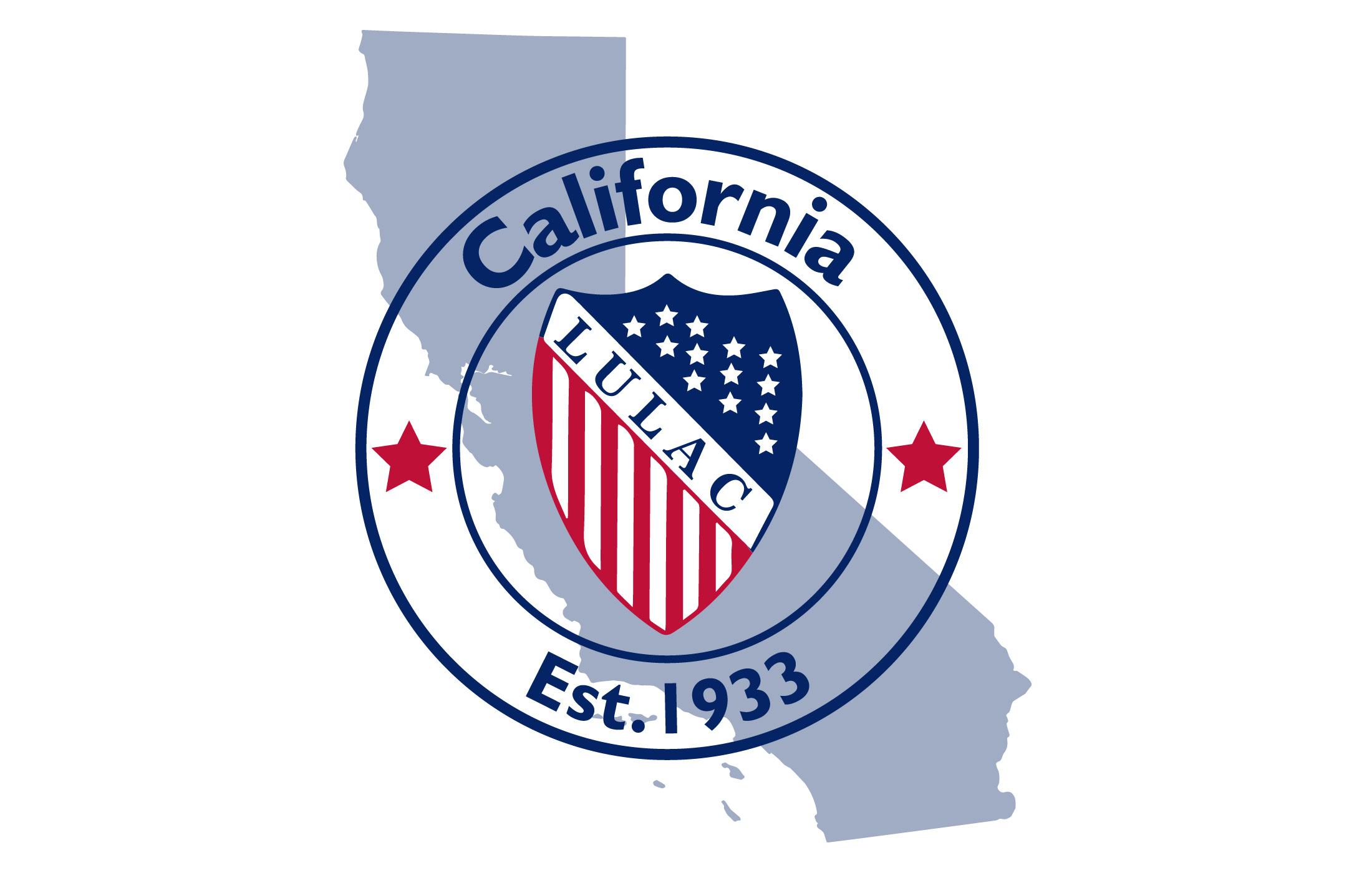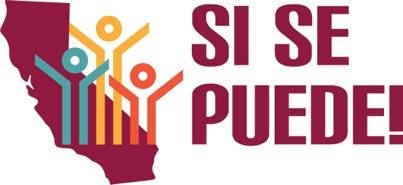Live Event Ticketing is Broken Because One Company Controls it All.
California Should Increase Competition and Put Fans First.
The Live Nation/Ticketmaster Monopoly has Rigged the System.
80% of Original Ticket Sales
Live Nation/Ticketmaster controls an estimated 80% of original ticket sales in the US and 84% of ticketing for NBA, NFL and NHL teams.
151% Increase in Ticket Price
Ticket prices are up over 151% since Live Nation/Ticketmaster merged, adjusted for inflation.
California Can Transform Live Event Ticketing to Work for Fans
Our Consumers-First Ticketing Framework Includes:
Increased Competition
Increased Competition
Right to Use or Share Your Ticket
Right to Use or Share Your Ticket
A Safe and Secure Experience
A Safe and Secure Experience
Equal Access for All, Not Just VIPs
Equal Access for All, Not Just VIPs
Upfront, Honest Pricing
Upfront, Honest Pricing
What Others are Saying
Frequently Asked Questions
With ticket prices up 151% since Live Nation/Ticketmaster’s merger, there’s never been a worse time to be a fan. The monopoly’s tentacles stretch into every corner of fans’ live entertainment experience – ticketing, venues, merch – down to the bottled water fans buy. While fans are paying more than ever, Live Nation/Ticketmaster is making record profits and trying to take away fans’ rights.
More competition would result in better service, lower fees and more transparency for fans.
Live Nation/Ticketmaster has rigged the live events system to serve its monopoly. LNE/TM lock venues into exclusive, long-term deals – often in exchange for financial incentives – then use that leverage to secure Live Nation-managed artists and tours. They can sell tickets for whatever price they want – since there are no other competitors competing for business.
Their reinforcing “flywheel” model means Ticketmaster sells most tickets (80% of primary ticket sales) without competition and profits from nearly every part of the event: ticketing, sponsorships, parking, concessions, even phone charging kiosks.
They’re now expanding control into the resale market by restricting what fans can do with the tickets they already bought. In some cases, Ticketmaster even invalidated tickets sold on other platforms. As of 2022, Ticketmaster controlled one-third of all resale transactions
Lack of competition helps the Live Nation/Ticketmaster monopoly and hurts fans – with higher prices and less access to events. Since their 2010 merger, ticket prices have jumped 151% (adjusted for inflation).
Ticketmaster policies maximize their profits and expand their dominance, creating an unequal playing field that favors the wealthy and VIPs while hurting regular fans.
These include:
- Taking away fan rights to sell or share the tickets they own
- Utilizing pre-sales locked behind fancy credit cards & memberships that not everyone can access
- Hiding ticket inventory creating a false sense of scarcity to increase demand and then dynamically price tickets – only to sell lower priced tickets later
Fans deserve the right to do what they want with their tickets, with more transparency and options for where to buy tickets.
Real reform means more competition and putting fans first. Ending exclusive contracts would give fans more choices – like when booking flights or hotels – leading to better service, lower fees, and more transparency.
We need to protect fans’ rights, including the:
- Right to Use or Share Your Ticket Freely
- Right to a Safe and Secure Ticket-Buying Experience
- Right to Equal Access for All, Not Just VIPs
- Right to Honest, Upfront Pricing
Consumers should have the right to do what they want with the tickets they have rightfully purchased. They should be able to sell, donate, or give their ticket away at the price they want, and on a platform of their choosing. But in California, unlike in states like Colorado, Illinois, and New York, fans have no rights over the tickets they buy. Telling fans what they can do with their tickets is anti-consumer and anti-competitive.
LNE/TM limits fans’ ability to transfer their tickets to edge out competition and further entrench their monopoly. Legislation should empower fans – not monopolies – by giving them full control over the tickets they purchase.
In 2024, the U.S. Department of Justice and 40 states (including California) sued Live Nation/Ticketmaster for illegally monopolizing live events. The lawsuit alleges they used exclusive contracts, retaliation, acquisitions, and self-preferencing its own products/services to block out competition.
One key issue is Ticketmaster’s control of the resale market. As of 2022, Ticketmaster already controlled 1/3 of all resale transactions. The DOJ alleges Ticketmaster grew its resale share by forcing fans to use its “SafeTix” system, which restricts transfers to Ticketmaster’s platform. While marketed as a security feature, the DOJ alleges SafeTix was really designed to shut out other resale platforms and expand Ticketmaster’s monopoly.
The lawsuit is ongoing in federal court.
Original sales for live event ticketing are when tickets are sold for the first time, most of the time through Ticketmaster.
The resale market is a place where fans can sell to other fans through a secure, online platform at the price of their choosing. It is the only place in live event ticketing where there is real competition and multiple purchase options, which drives down prices. For example, on StubHub’s platform, nearly 80% of US tickets sell for under $100.
Fans who would otherwise miss out can buy tickets on the resale marketplace. Not every fan can afford a season ticket package, but many might be able to save up for a game.
And, when life happens, consumers are able to resell their tickets and recoup their costs – not be out hundreds of dollars.


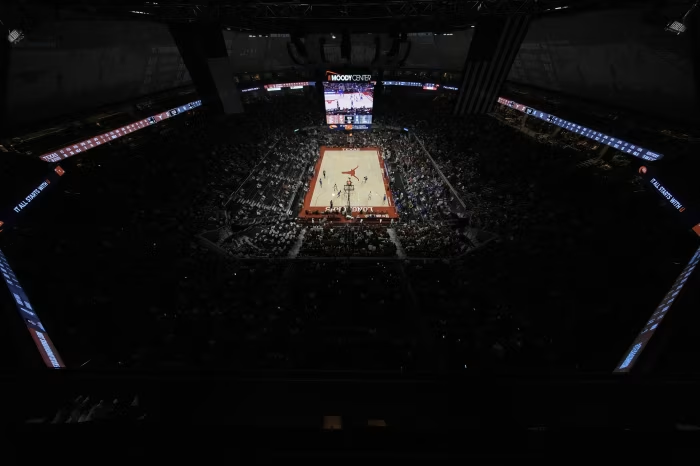
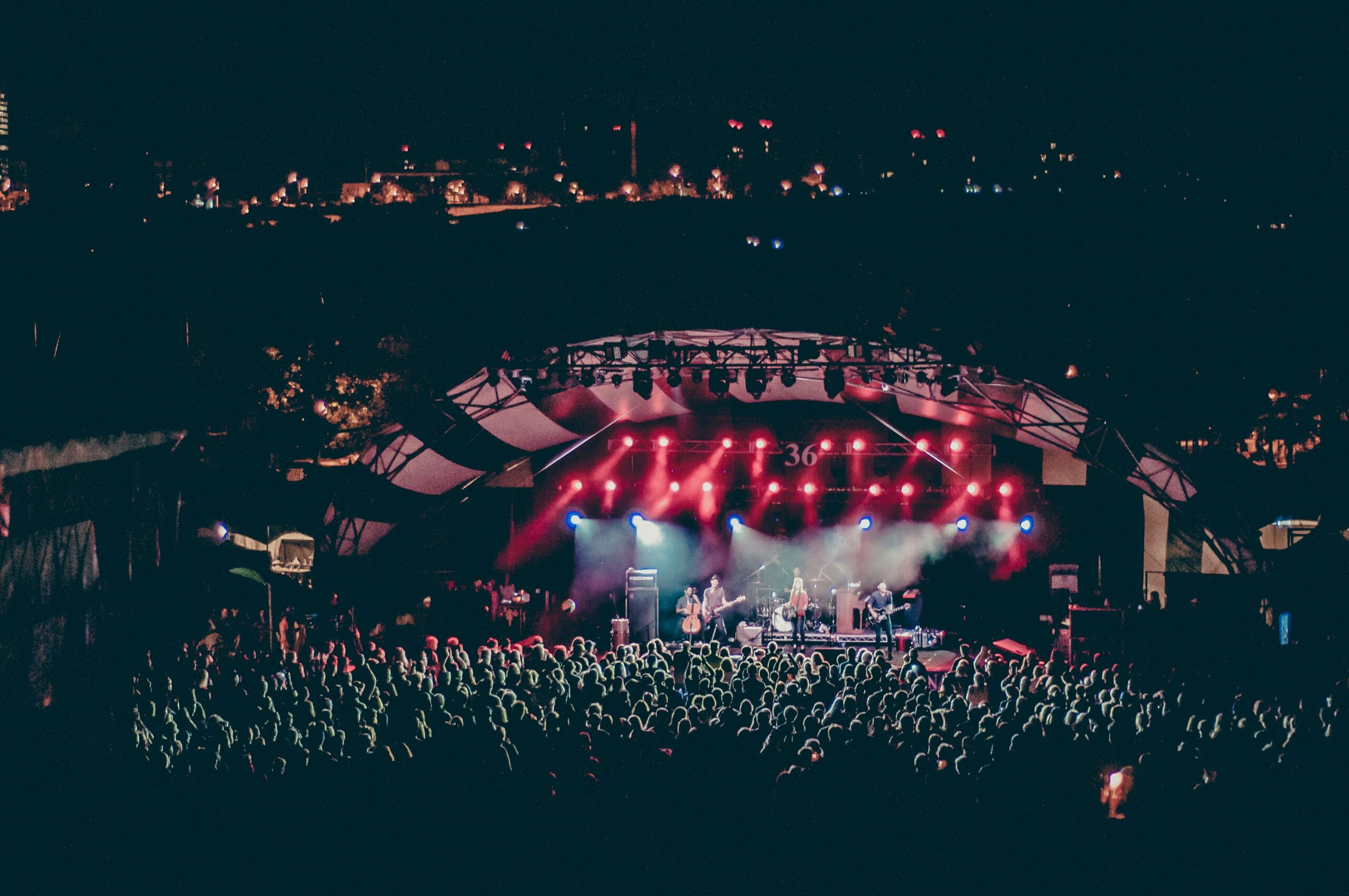
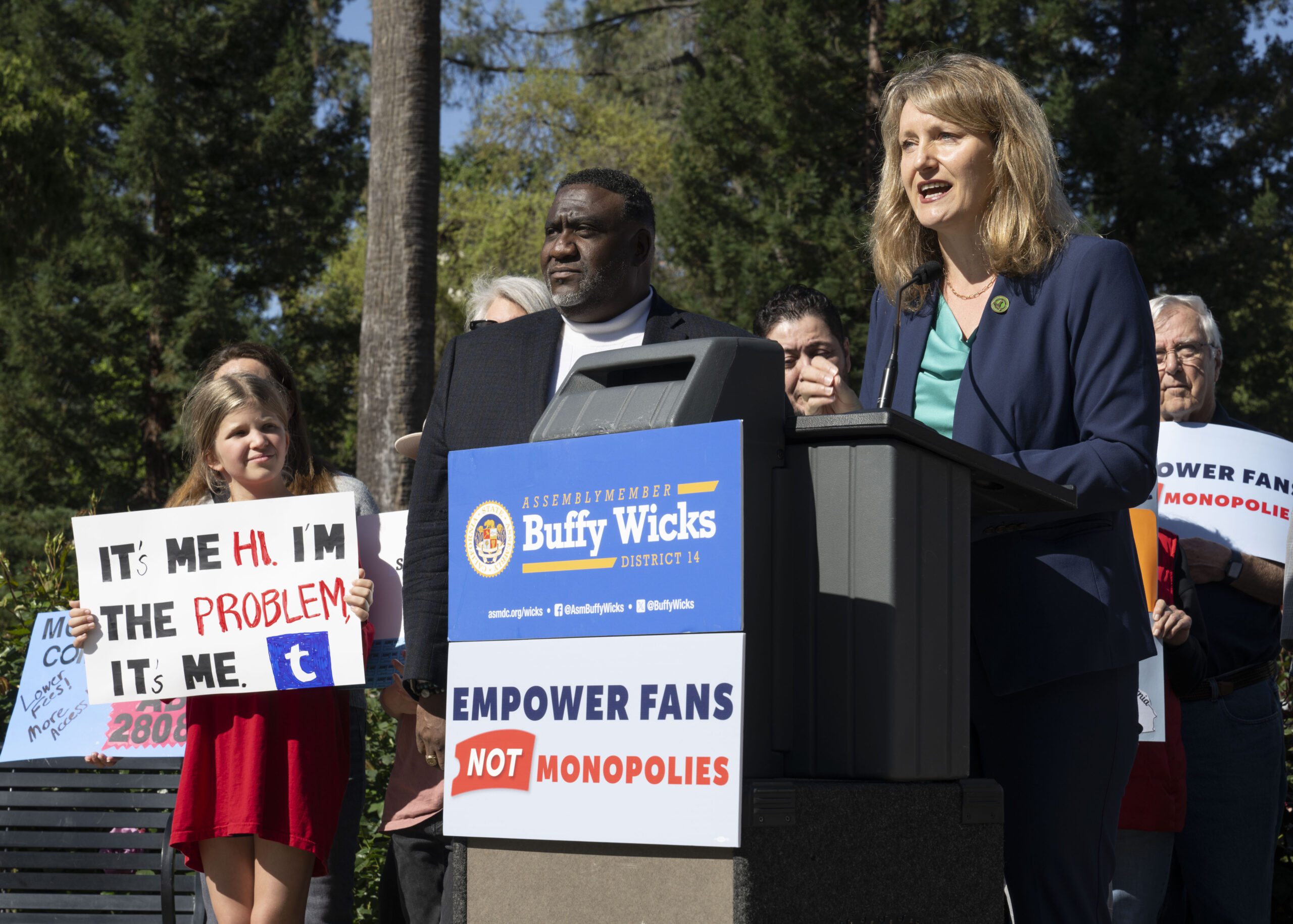
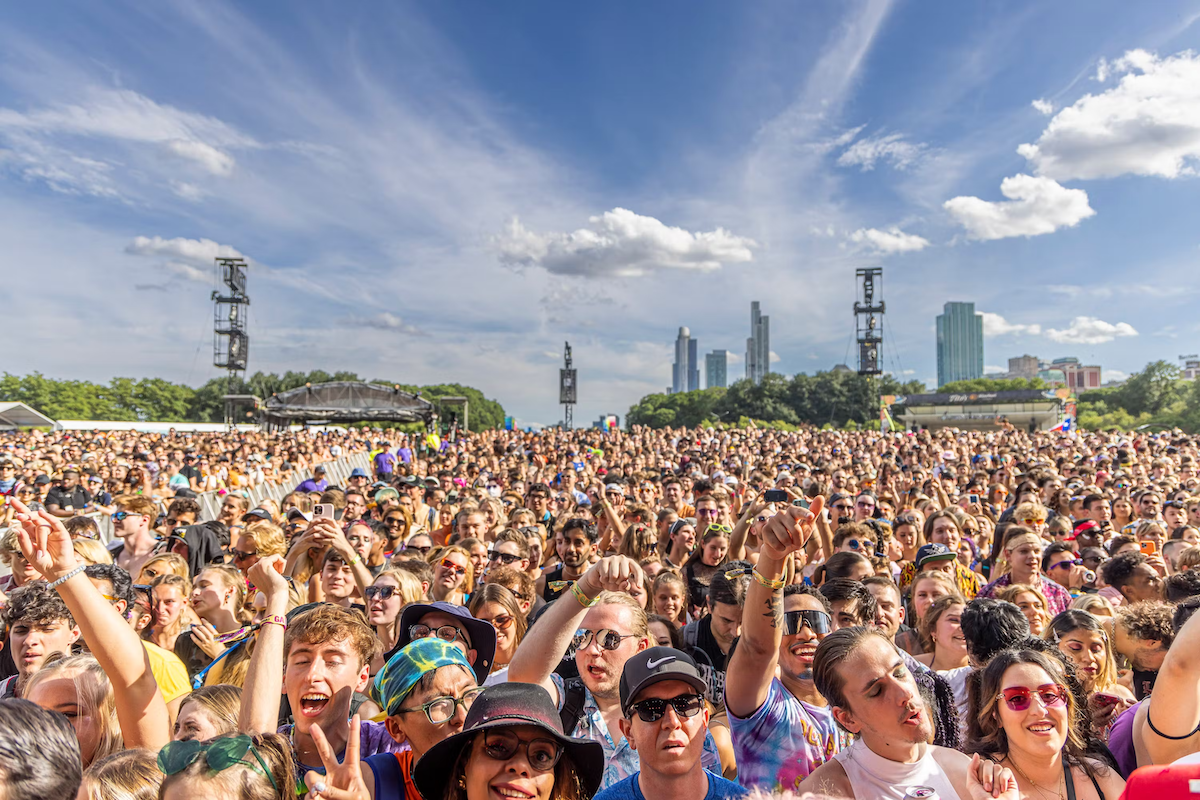
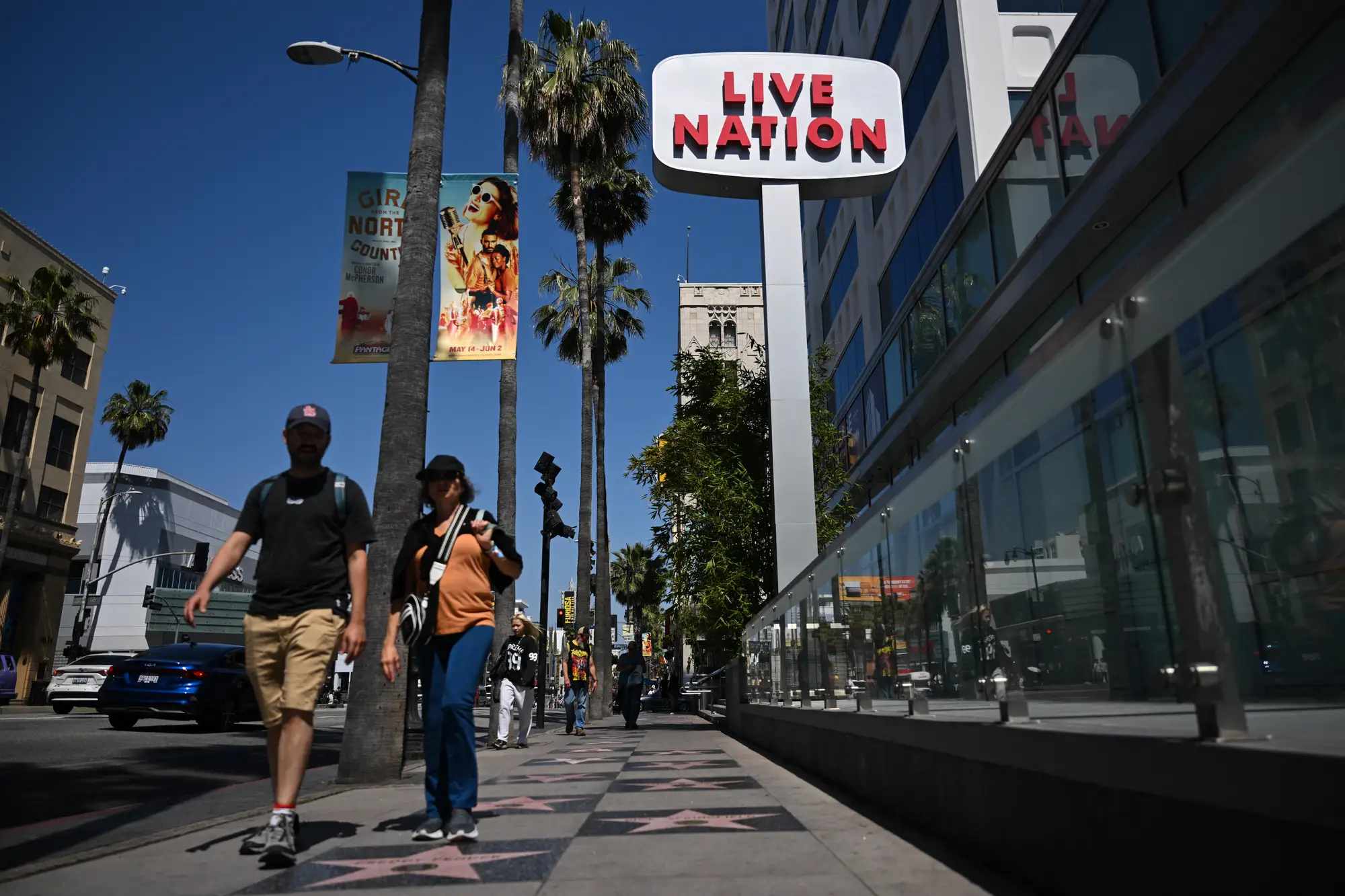
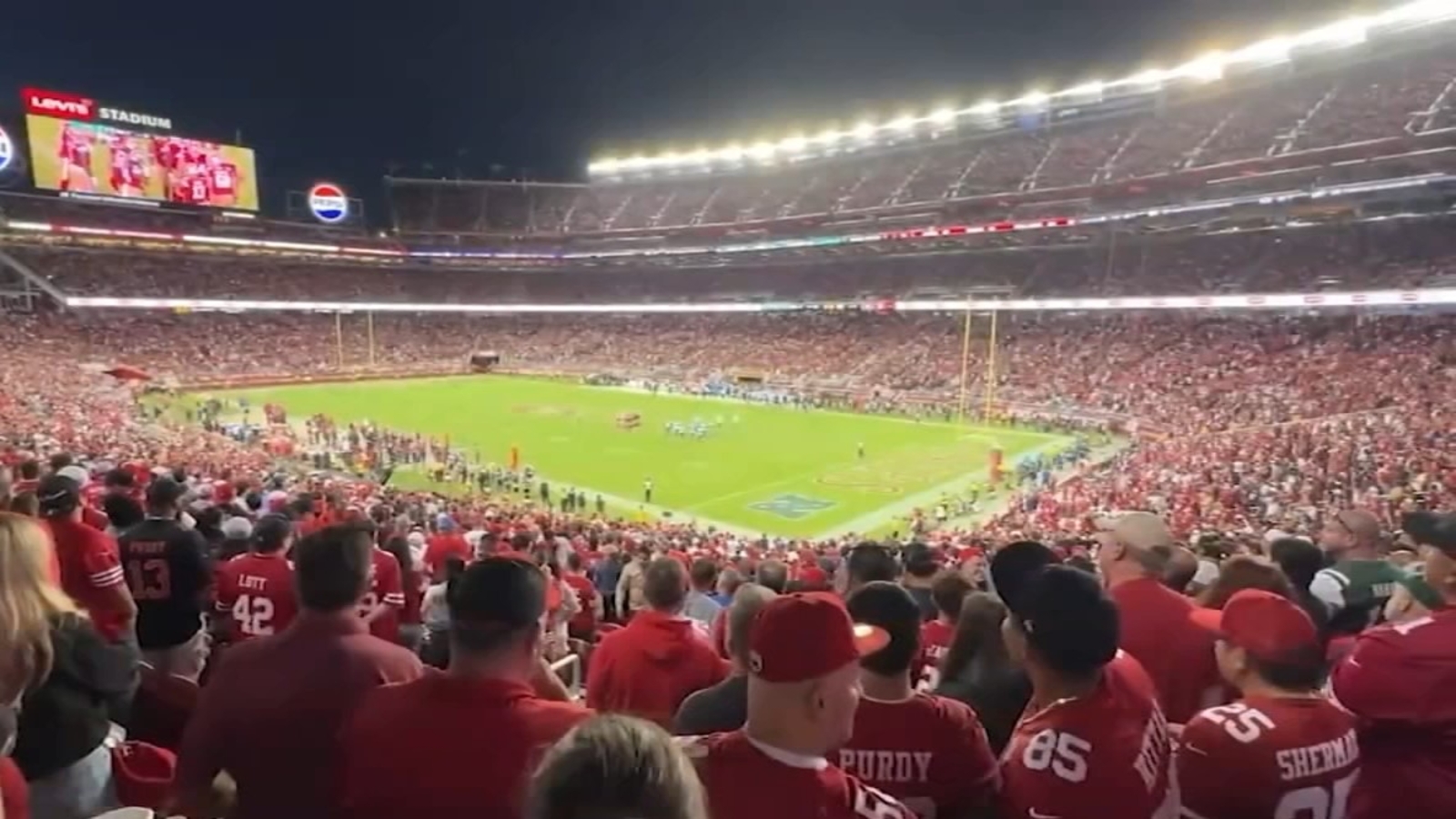
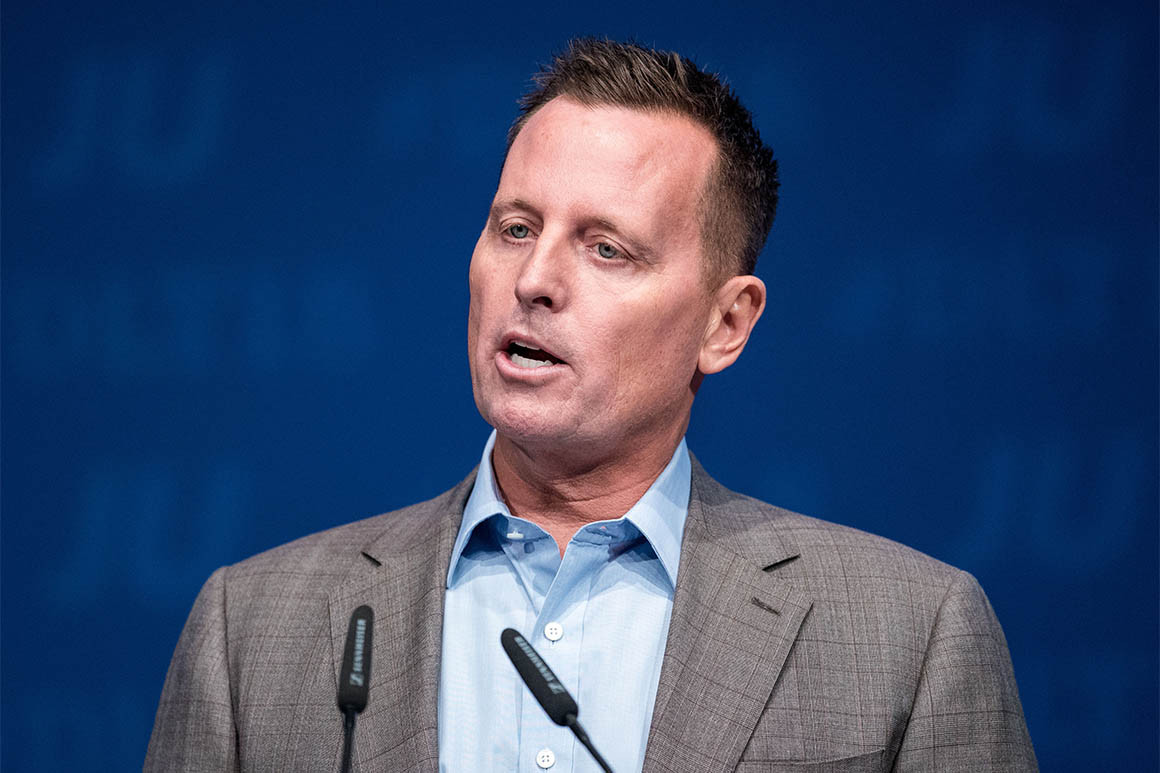
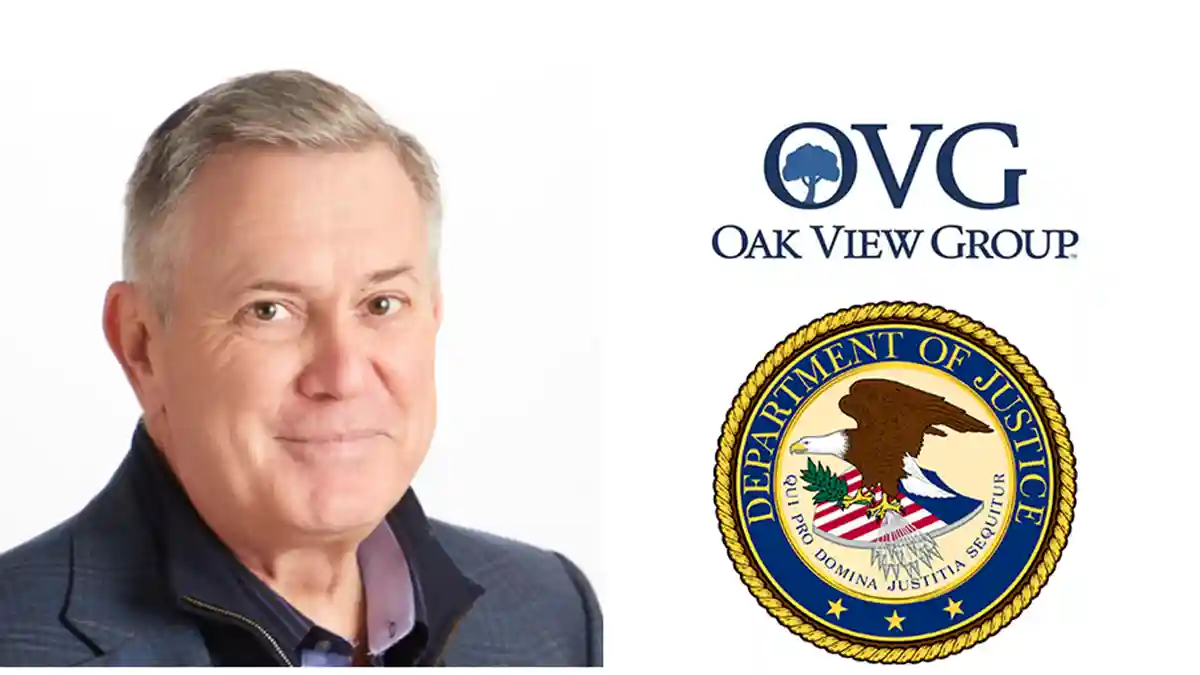
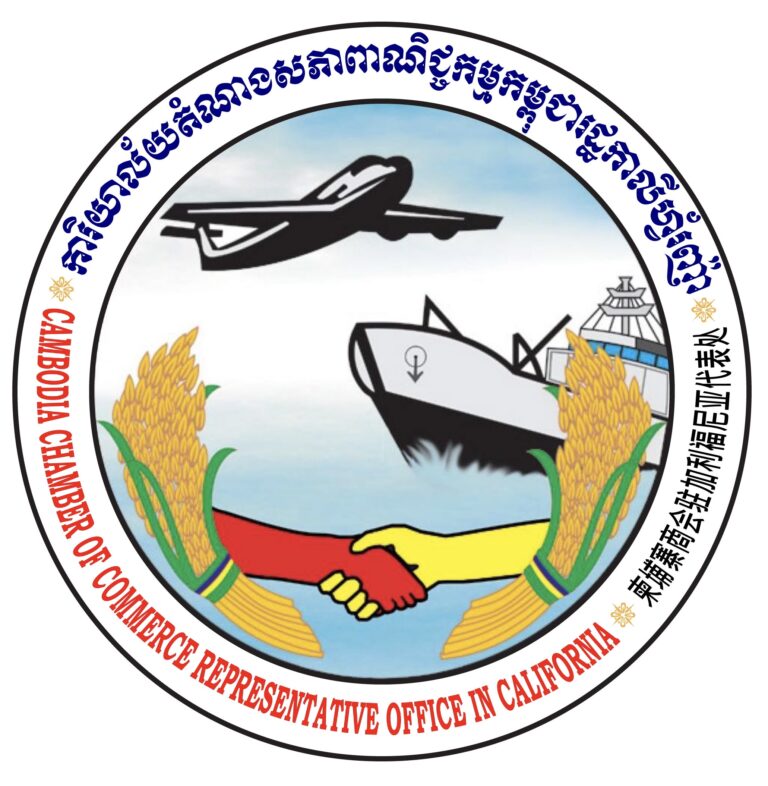
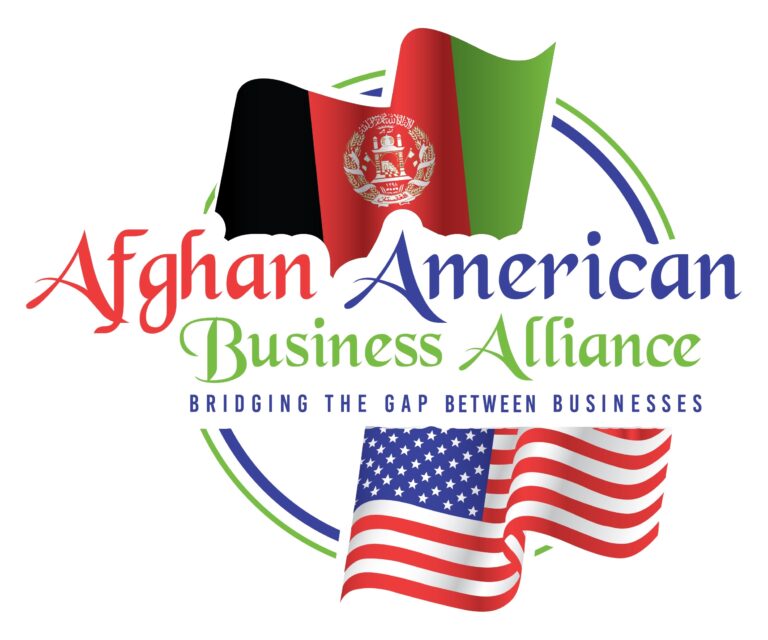

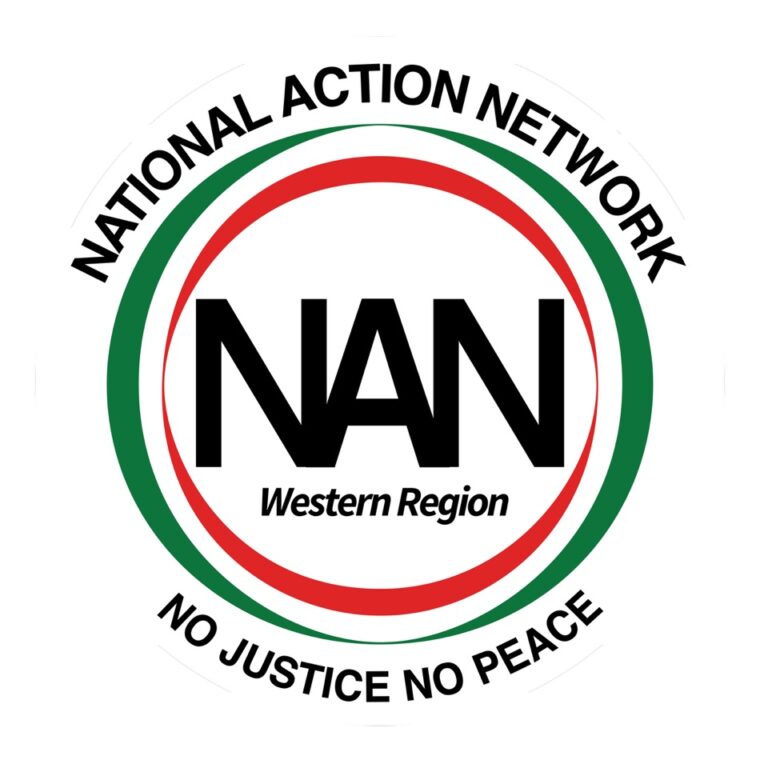
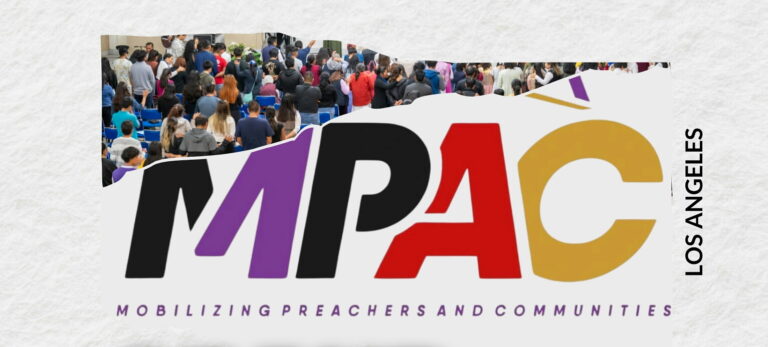
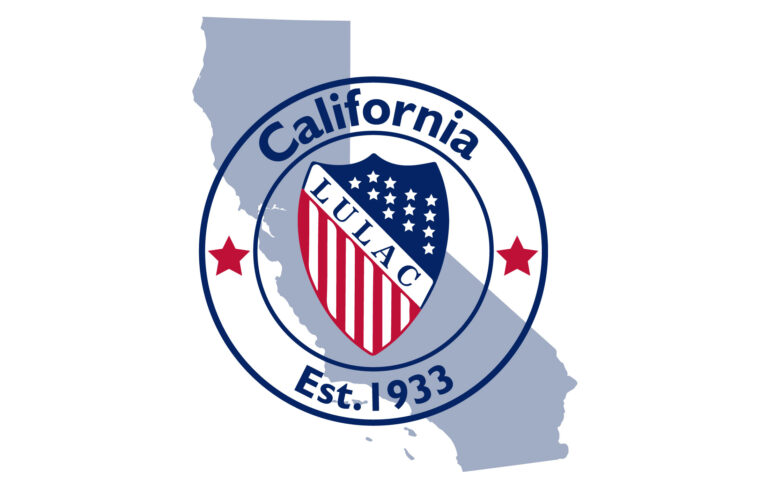


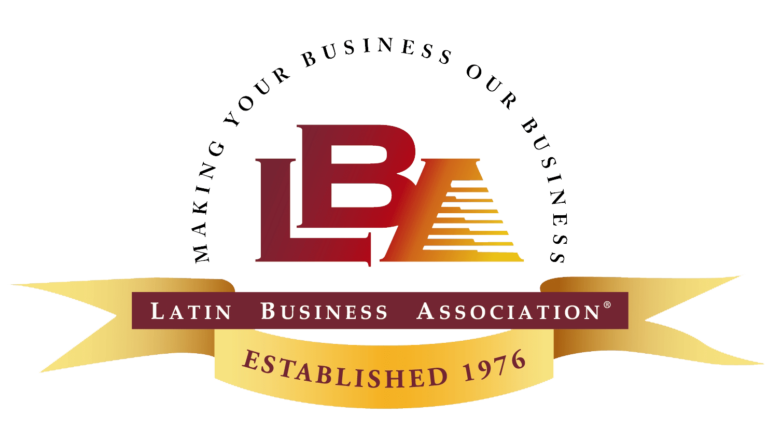
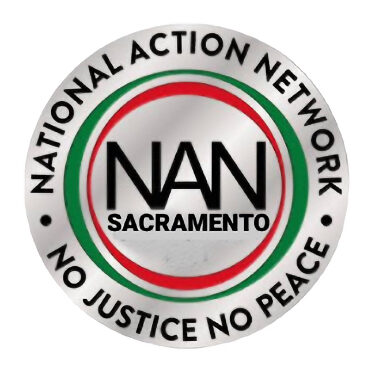
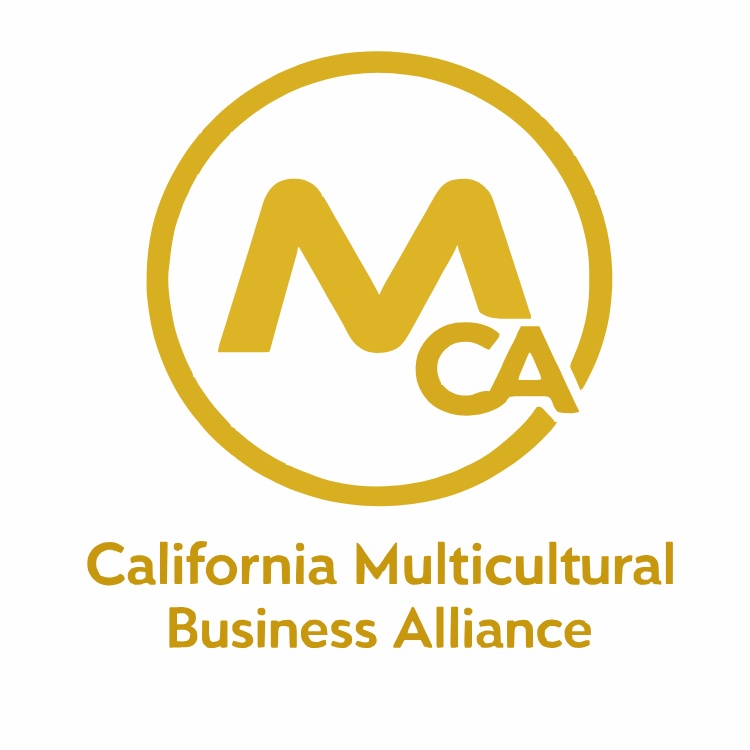
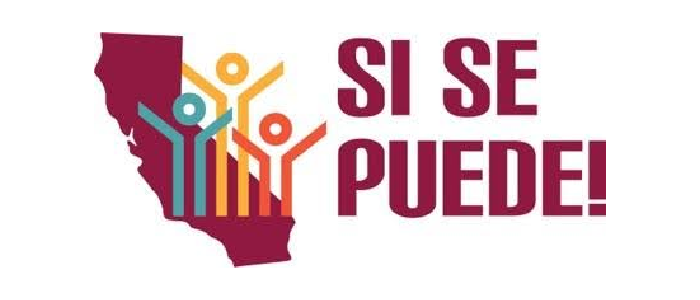
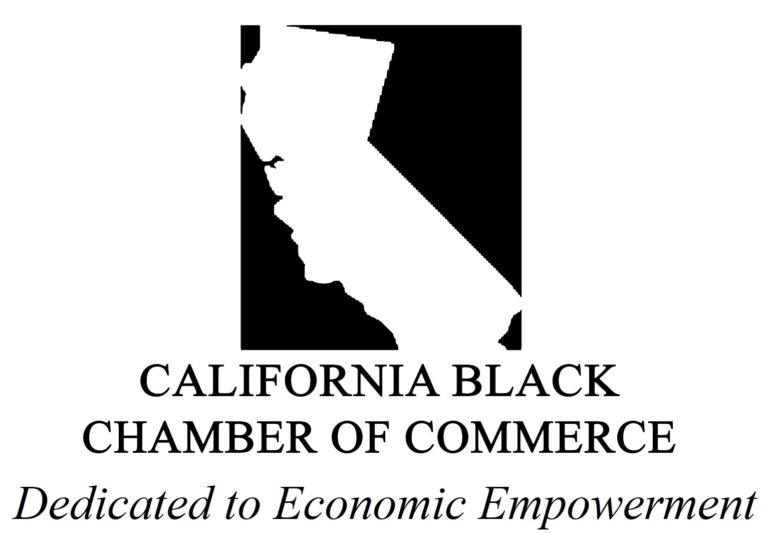

![Hispanic Chambers of Commerce of San Francisco[97]](https://empowerfansca.com/wp-content/uploads/2025/09/Hispanic-Chambers-of-Commerce-of-San-Francisco97-1.jpg)
